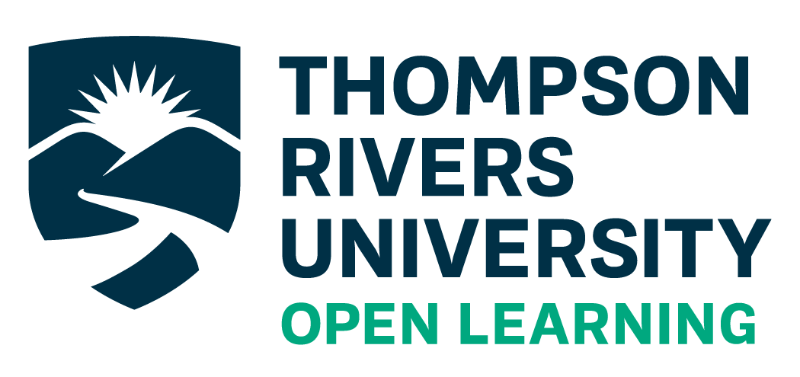CG and Editing Checklist Updates
I made some minor updates to the Course Guide and Editing Checklist to reflect changes in our processes and wording from November and December 2016. I hope to update the best practice wording soon to document our new processes, reporting responsibilities, and checklist.
